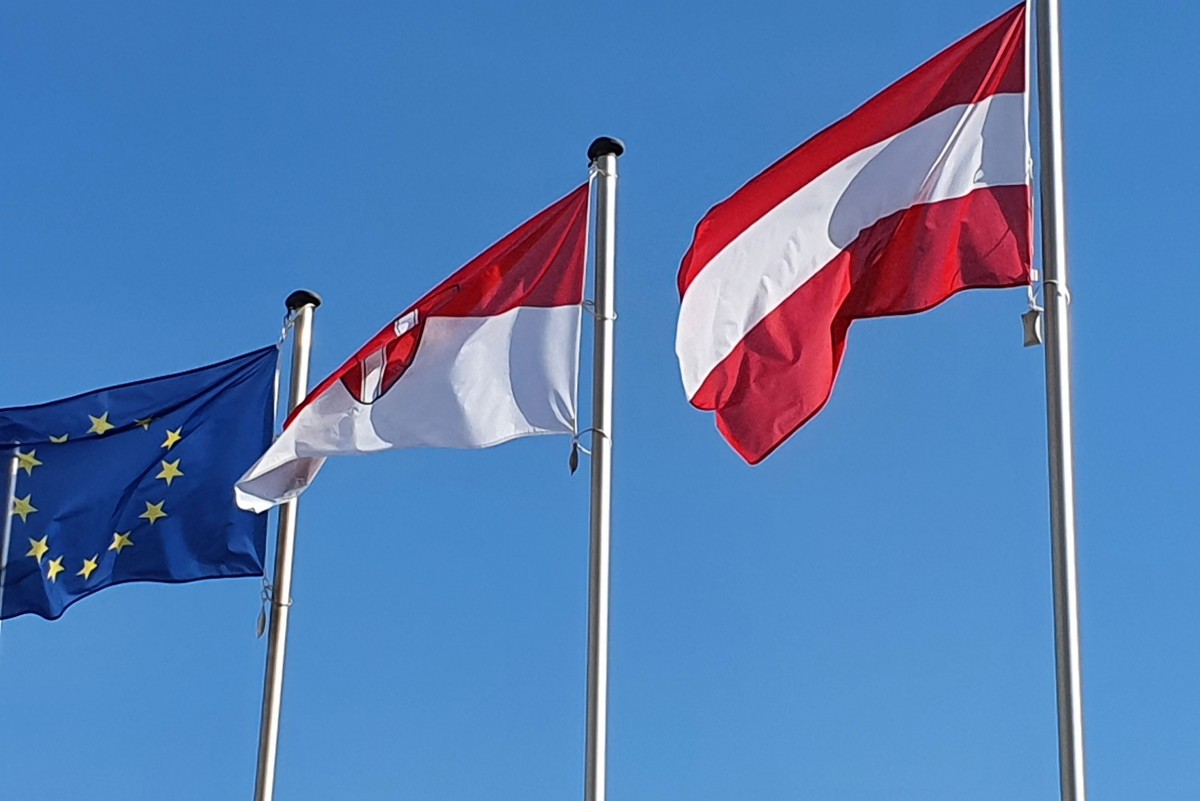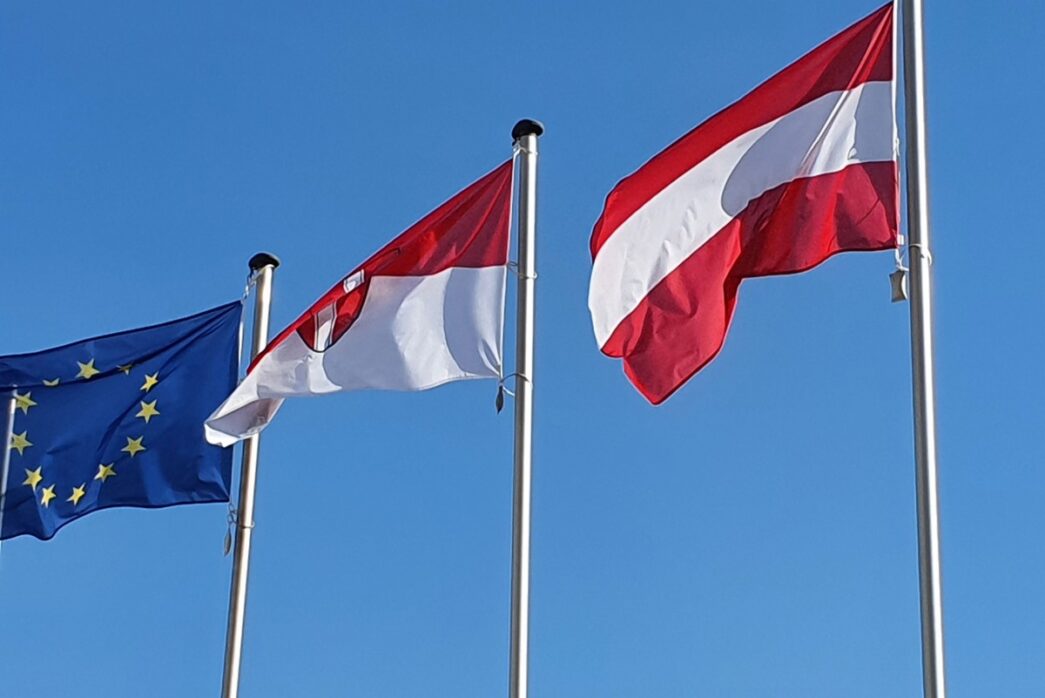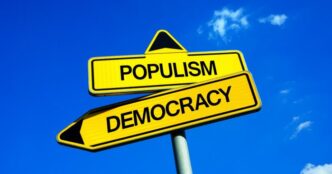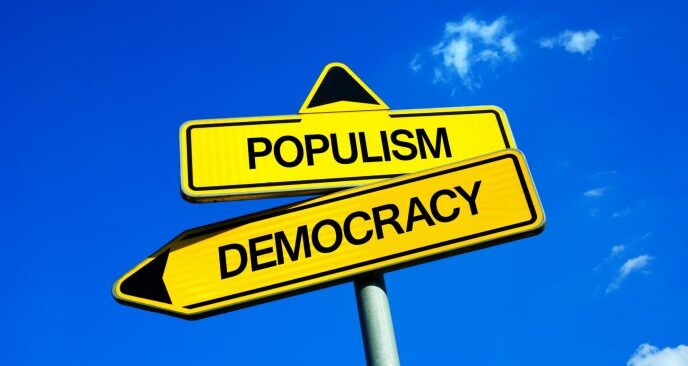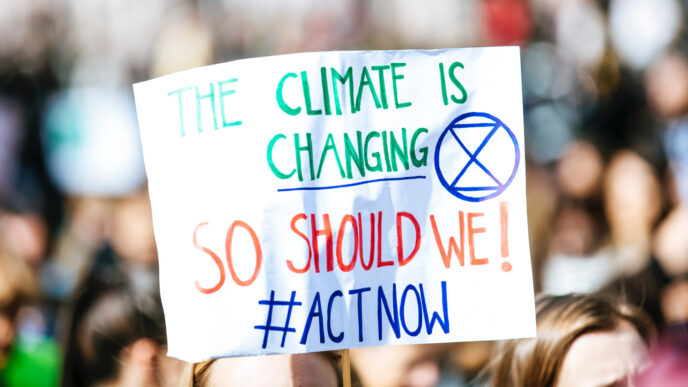Austria occupies a unique position in the European Union (EU), balancing its historic commitment to neutrality with a proactive approach to leadership in key areas such as economic collaboration, environmental policy, and regional stability. Since joining the EU in 1995, Austria has played a crucial role in shaping the Union’s policies while maintaining its identity as a neutral state. This article examines Austria’s role in the European Union, exploring how it navigates its dual commitments to neutrality and regional leadership.
Austria’s Neutrality: A Historic Foundation
- Origins of Neutrality
- Austria declared its neutrality in 1955 as part of the Austrian State Treaty, which ended post-WWII occupation and restored its sovereignty.
- This neutrality has become a cornerstone of Austria’s foreign policy, shaping its interactions within and beyond Europe.
- Neutrality in the EU Context
- While neutrality traditionally implies non-alignment in military alliances, Austria’s EU membership focuses on economic and political integration rather than defense commitments.
Austria’s Contributions to the European Union
- Economic Integration
- Pro-EU Economic Policies: Austria is an advocate for the single market and eurozone stability, benefiting from trade and investment opportunities within the EU.
- Innovation and R&D: Austrian industries, particularly in technology and green energy, contribute significantly to the EU’s economic growth.
- Environmental Leadership
- Austria is a leader in EU climate initiatives, championing renewable energy adoption, sustainable practices, and environmental conservation.
- Support for Green Deals: Austria actively supports the EU’s Green Deal, aiming for carbon neutrality by 2050.
- Regional Stability and Diplomacy
- As a neutral country, Austria often acts as a mediator in EU discussions, promoting dialogue and consensus among member states.
- Its geographical location makes it a bridge between Western Europe and Eastern Europe, fostering collaboration in trade and policy.
Austria’s Role in Key EU Policies
- Economic and Monetary Union
- Austria is part of the eurozone and plays an active role in maintaining monetary stability.
- Its robust economy strengthens the EU’s financial framework.
- Migration and Asylum
- Austria has been central to EU migration discussions, particularly during the 2015 migration crisis.
- It advocates for shared responsibility and effective border management across the Union.
- Cultural and Educational Collaboration
- Austria promotes cultural exchange and education through EU programs like Erasmus+, emphasizing multilingualism and intercultural understanding.
- Security and Defense
- While not a NATO member, Austria contributes to the EU’s Common Security and Defense Policy (CSDP) through peacekeeping missions and crisis management.
Challenges Austria Faces in the EU
- Balancing Neutrality and Integration
- Austria’s commitment to neutrality sometimes creates tension in areas like defense and foreign policy coordination.
- Migration Pressures
- As a transit country for migrants, Austria must navigate domestic concerns while upholding EU solidarity.
- Geopolitical Shifts
- Rising geopolitical tensions and the changing role of the EU require Austria to adapt its diplomatic strategies.
Austria’s Vision for the EU’s Future
- Promoting Unity
- Austria emphasizes the importance of a united EU, advocating for closer collaboration in addressing global challenges like climate change and economic uncertainty.
- Strengthening Green Policies
- Austria aims to lead the EU in renewable energy adoption, eco-friendly technologies, and sustainable practices.
- Advancing Regional Integration
- Austria supports the integration of Western Balkan countries into the EU, fostering stability and economic growth in the region.
Austria’s role in the European Union reflects a delicate balance between its historic neutrality and active participation in regional leadership. By contributing to economic stability, environmental innovation, and cultural collaboration, Austria underscores its commitment to a strong and unified EU. As the Union evolves to meet new challenges, Austria’s approach to balancing neutrality with proactive engagement will remain a vital part of its identity and influence.
Topics: Austria Climate Policy Austria EU Integration Austria EU Role Austria in Eurozone EU Green Deal EU Regional Stability European Union Leadership Migration Policy Austria Neutrality Austria Western Balkans Integration